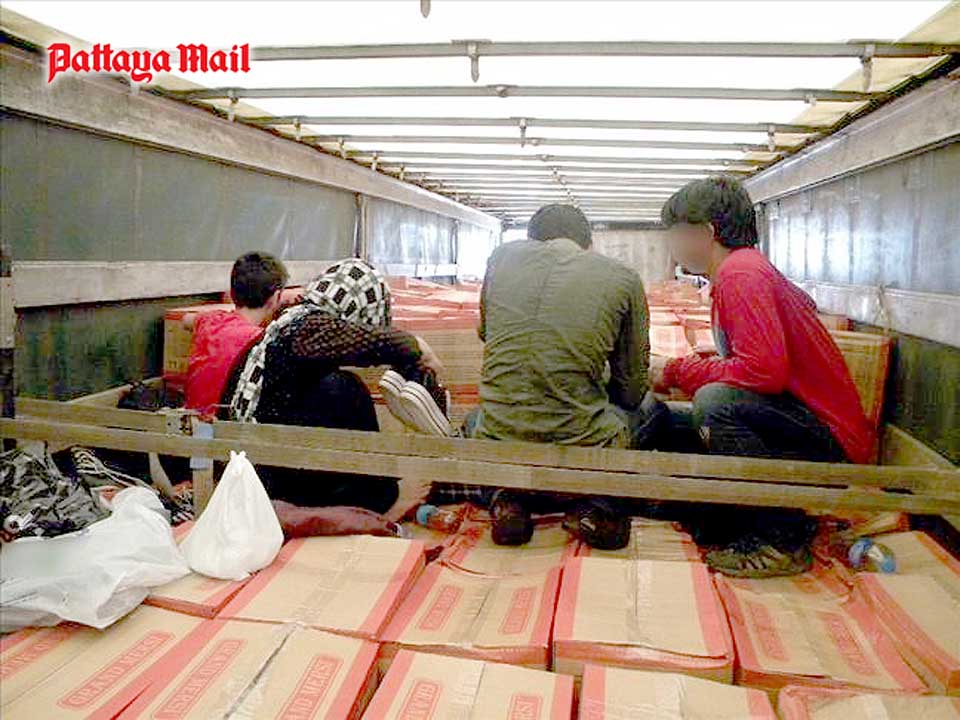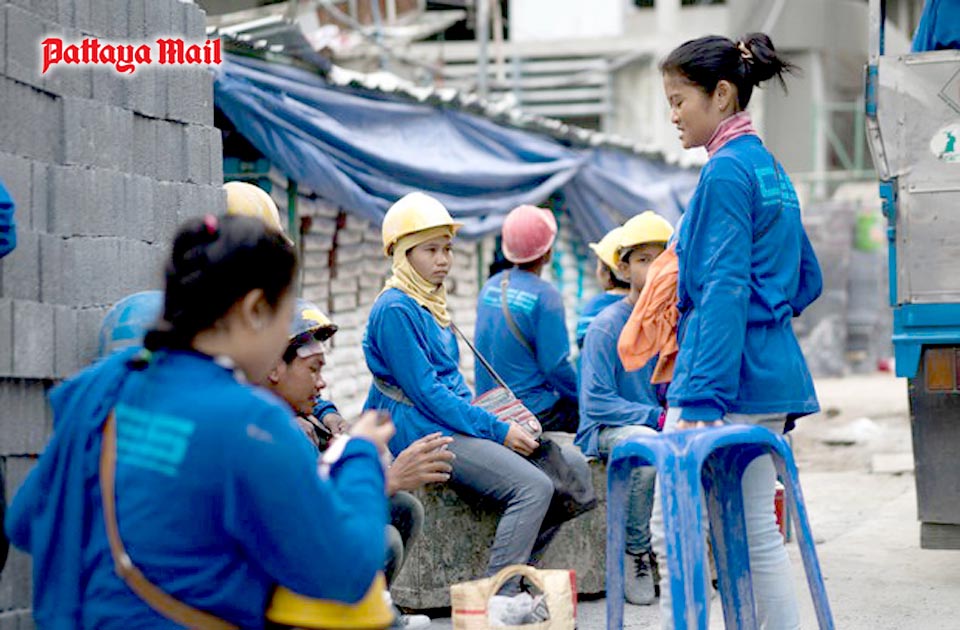
Following the government’s one month amnesty for illegal workers which expired last month, migrants who have newly registered with the Ministry of Labour totaled 654,864. Thai authorities had announced the amnesty because of fears that unregistered workers, who had slipped illegally into the country, could spread the Covid-19 infection.
The illegals registering under the temporary amnesty had been assured that they would not be prosecuted and would enjoy a two years residency with access to the Thai public health system. Cambodian Ministry of Labour spokesman Heng Sour said that most of the registrations were from Myanmar but the total included 200,000 Cambodians. The total number of official guest workers here is around two and a half million.
However, the problem of illegal entrants has not gone away. According to Heng Sour, many wannabe workers from neighboring countries cannot afford the 10,000 baht needed to buy a passport and undergo registration. Thailand’s borders with Myanmar in particular are marked by shallow rivers and forest paths and difficult to patrol. Illegal immigration is also furthered by agents and corrupt practices.

A report by the Mekong Migration Network points out that even registered workers can be subject to workplace abuse. Some employers confiscate passports or reduce the minimum wage of 330 baht daily to pay for safety equipment such as boots, helmets, rubber gloves, goggles and masks. Most migrants are employed in the agricultural and construction sectors, offsetting the decline of the birthrate in Thailand and the reluctance of young Thais to seek low-paid manual work.
Thai Labour Ministry spokesman Phattana Phanfak said that inspectors had been appointed nationwide to check worker conditions and rights which are guaranteed by the Memoranda of Understanding (MOU) signed by all countries concerned. An Interior Ministry spokesman said that the army had redoubled its efforts to reduce illegal immigration along the Myanmar border since the recent military putsch in that country. There had been recent infection outbreaks at the Mae Sot and Myawaddy border areas. Notices had been erected and pamphlets issued to warn that illegal immigration to Thailand was subject to heavy penalties.





